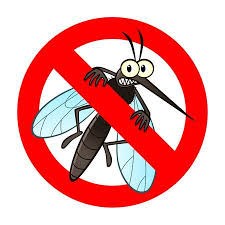The extra water sitting in puddles or other repositories like old discarded tires could result in many more mosquitoes than normal — including Culex tarsalis, the type of mosquitoes that tends to carry that virus — because female mosquitoes prefer to lay their eggs in standing water.
According to the Centers for Disease Control in the U.S., about 80 per cent of people infected with the virus have no symptoms. However, about 20 per cent develop mild symptoms, like a fever, headache, vomiting or a rash.
Less than one per cent develop severe symptoms associated with encephalitis or meningitis. They can develop a stiff neck, confusion or even seizures.
About 10 per cent of those whose nervous system is affected by the disease can actually die.
According to the provincial government, 50 cases of West Nile virus were reported in Alberta last year, the highest number since 2007. Three of those cases were fatal. Only seven were reported in 2017.
"No, we do not," she wrote.
"As far as Operations Department can remember, they have never sprayed for mosquitoes, as the window for application is narrow and it is more suited for large water bodies or low lying swampy areas. Olds does not fit into either of these categories," she added.
Alberta Health Services says residents can do their part to cut down on the prevalence of mosquitoes and thus the risk of contracting the West Nile virus by:
- Wearing a long-sleeved, light-coloured shirt, pants and a hat.
- Using an approved insect repellent that contains DEET or icaridin.
- Staying inside at dawn and dusk, the times when mosquitoes tend to be most active.




